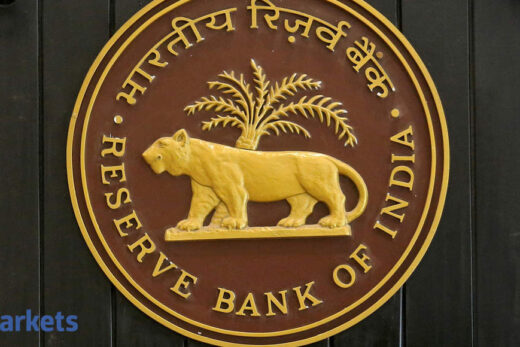“Direct access for non-banks to CPS lowers the overall risk in the payments ecosystem,” the central bank said. “It also brings advantages to non-banks like reduction in cost of payments, minimising dependence on banks, reducing the time taken for completing payments, eliminating the uncertainty in finality of the payments as the settlement is carried out in central bank money, etc,”
“The risk of failure or delay in execution of fund transfers can also be avoided when the transactions are directly initiated and processed by the non-bank entities,” RBI said.
Centralised Payment Systems (CPS) in India are Real Time Gross Settlement (RTGS) and National Electronic Funds Transfer (NEFT) systems, both owned and operated by the Reserve Bank. The NEFT and RTGS systems were made available 24x7x365 with effect from December 2019 and December 2020 respectively.
Only banks and select non-banks such as NABARD and Exim Bank are currently allowed access to CPS owned by RBI – NEFT and RTGS. As per the new norms, RBI said that access to non-banks would be allowed in phases. In the first, subject to eligibility and interest, prepaid payment instruments (PPIs), card networks and white label operators will be allowed access.
“On a review of extant arrangements and after detailed discussions with Payment System Providers (PSPs), it is advised that, in the first phase, authorised non-bank PSPs, viz. PPI Issuers, Card Networks and White Label ATM Operators shall be eligible to participate in CPS as direct members as per the approach presented…” the central bank said.
RBI listed out four major benefits of allowing non-banks to CPS which include increased efficiency, innovations, improved standards of data security as well as better risk management. Eligibility criteria include a minimum net worth of Rs 25 crore, adequate technology, and cybersecurity infrastructure as well as compliance with data localisation norms among others. Foreign entities would need India incorporated subsidiaries to take requisite approvals from RBI.
“Entities incorporated outside India shall empower their local offices to carry out all operations in respect of CPS, but the responsibility for all operations and management of any contingency, including settlement obligations, shall remain with the foreign parent institution, which has taken authorisation as PSP,” RBI said.



